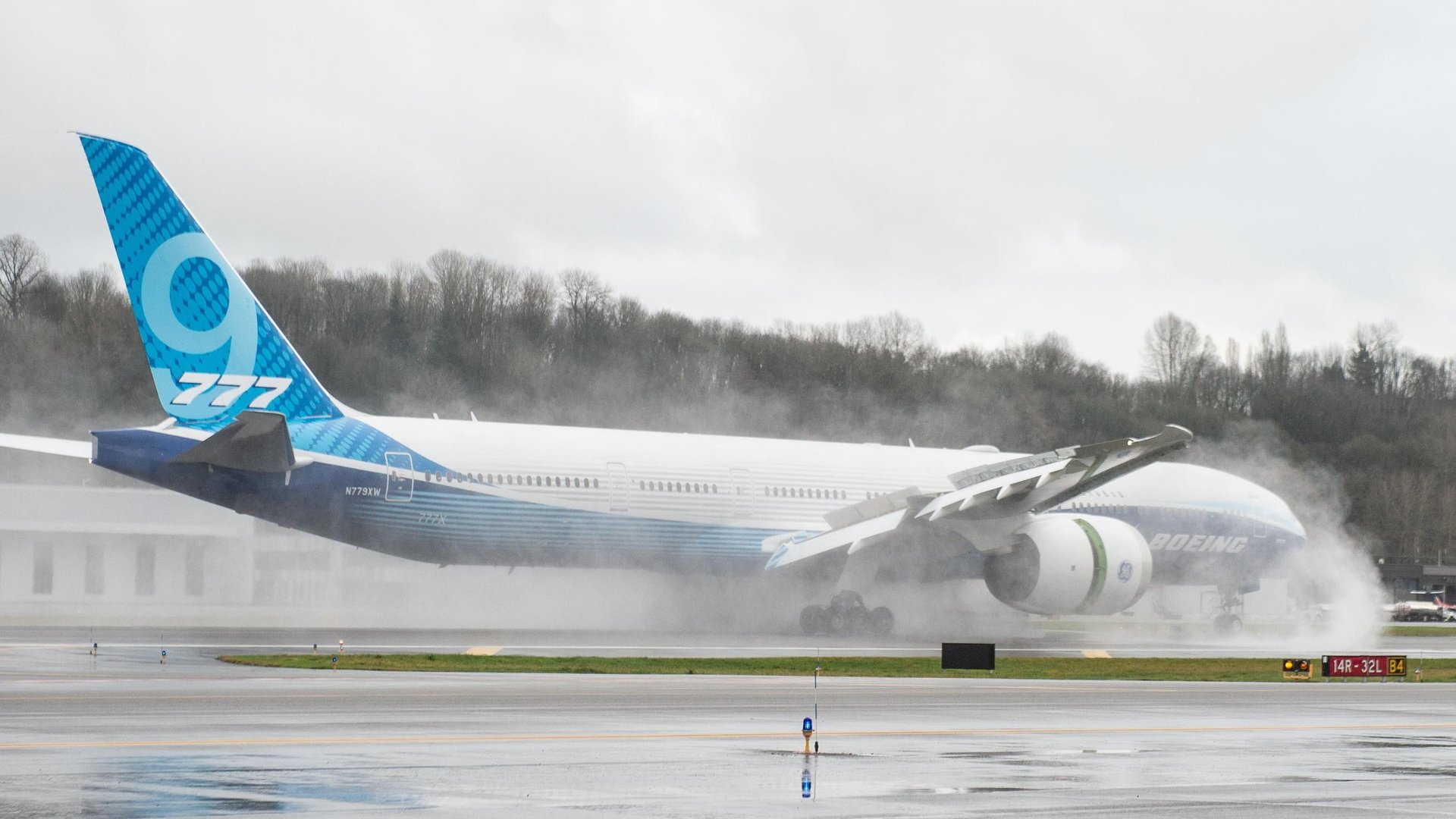Boeing doesn't live up to its own safety promises, the FAA says
The agency questioned the troubled plane manufacturer's "foundational commitment" to proper procedures in a new report

The hits just keep on coming down at Boeing headquarters. On Monday (Feb. 26), the U.S. Federal Aviation Administration (FAA) handed down a blistering report (pdf) detailing its investigation into the company’s safety practices — and to put it lightly, the agency found things lacking.
Suggested Reading
After poring over 4,000 Boeing documents, 7 surveys, more than 250 interviews, and meetings with the company’s staff across six locations, the FAA came to the conclusion that its inquiry “did not provide objective evidence of a foundational commitment to safety that matched Boeing’s descriptions of that objective.”
Related Content
Those aren’t the words a company would want to hear while it deals with the continued fallout from the 737 Max 9 plane whose door plug blew out in the middle an Alaska Airlines flight this January.
A ‘disconnect’
One of the main FAA findings was that Boeing’s workforce has a “disconnect” with management when it comes to safety procedures. Workers who flagged issues couldn’t always be sure how the investigations would be done or what their conclusions would be.
The company couldn’t demonstrate that it had fully trained its employees in its safety culture, and because managers in charge of employee evaluations were also the ones who investigated reports of lapses in safety, the fear of retaliation sometimes outweighed the urge to document problems. (A union for Boeing employees has publicly complained that its members are “overworked” and rushed into roles before they have enough experience to do so.)
“Interviewees,” the report said, “also questioned whether Boeing’s safety reporting systems would function in a way that ensures open communication and non-retaliation.”
More ‘boots on the ground’
The FAA investigation was undertaken as part of a check-in on its Organization Demonstration Authorization, a program that allows holders to perform some FAA safety functions like inspections and signing off on certain design changes. But Boeing’s leash is getting shorter.
“Going forward, we will have more boots on the ground closely scrutinizing and monitoring production and manufacturing activities,” FAA head Mike Whitaker told Congress earlier this month.
